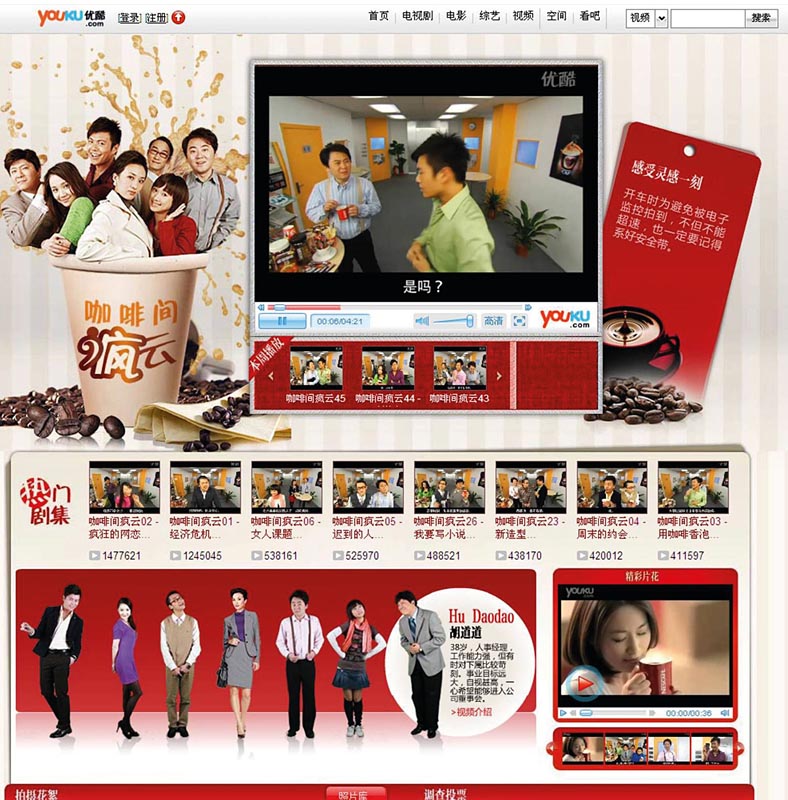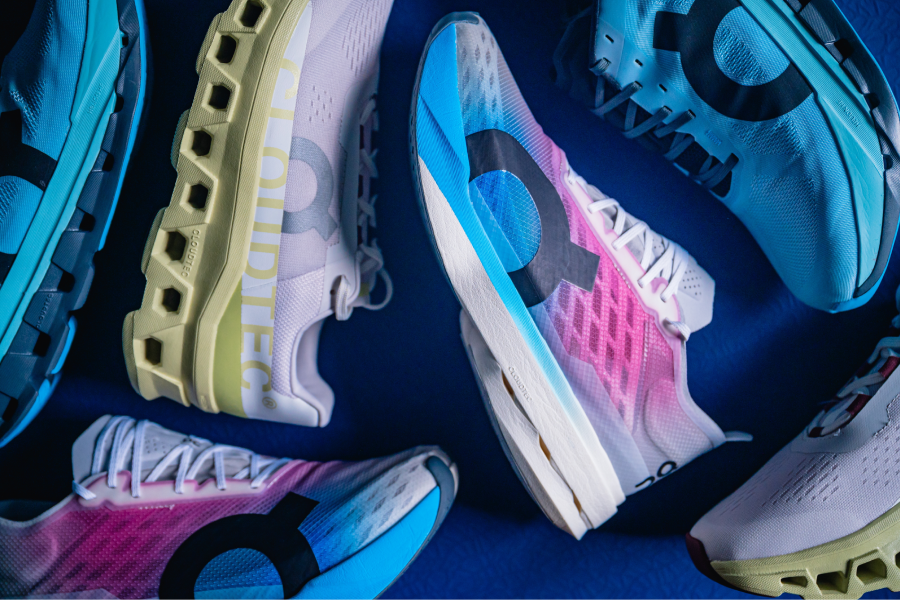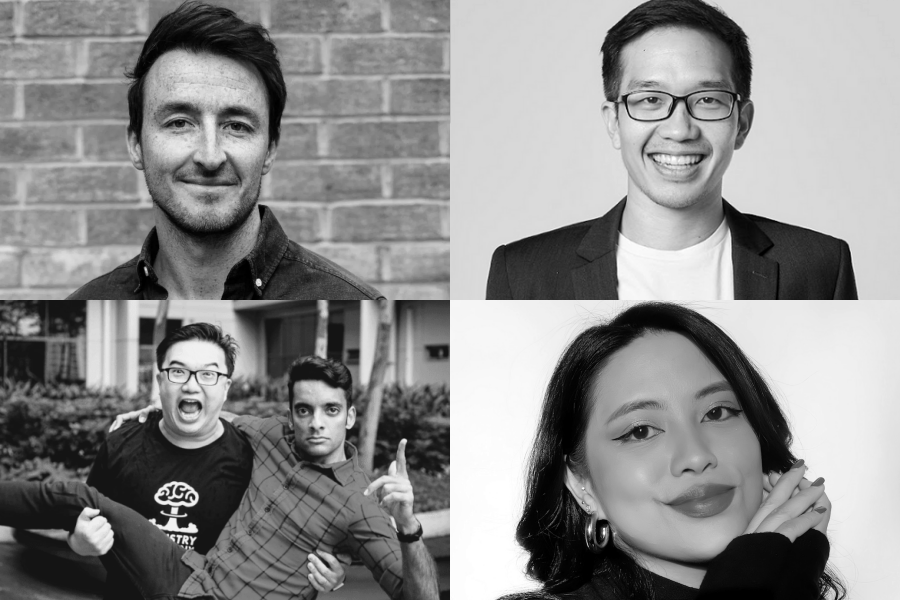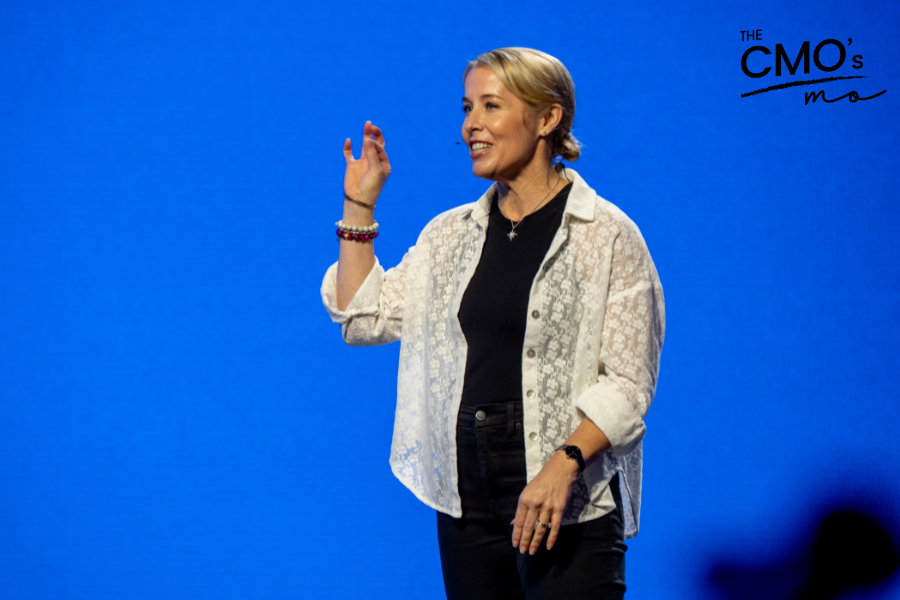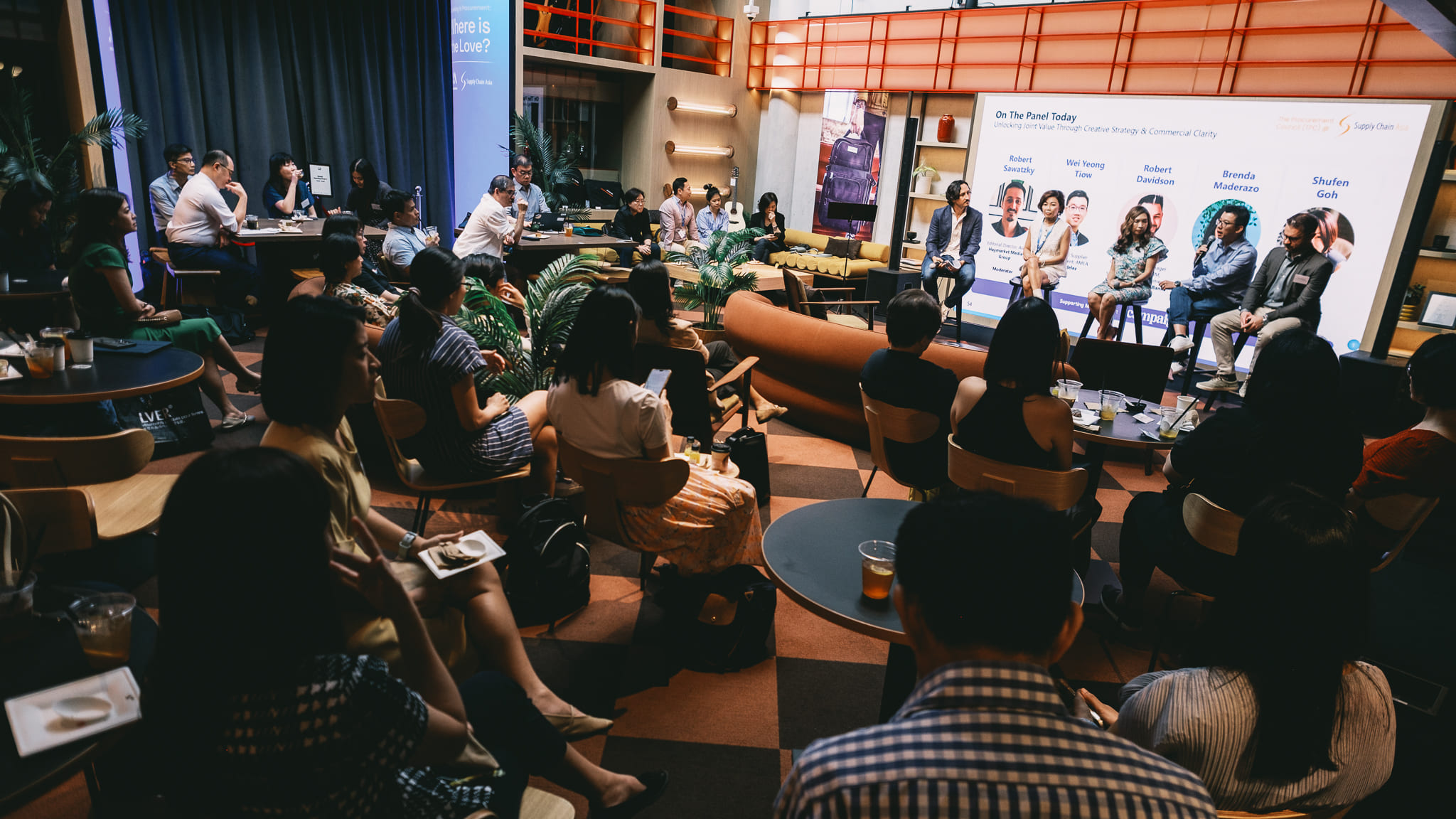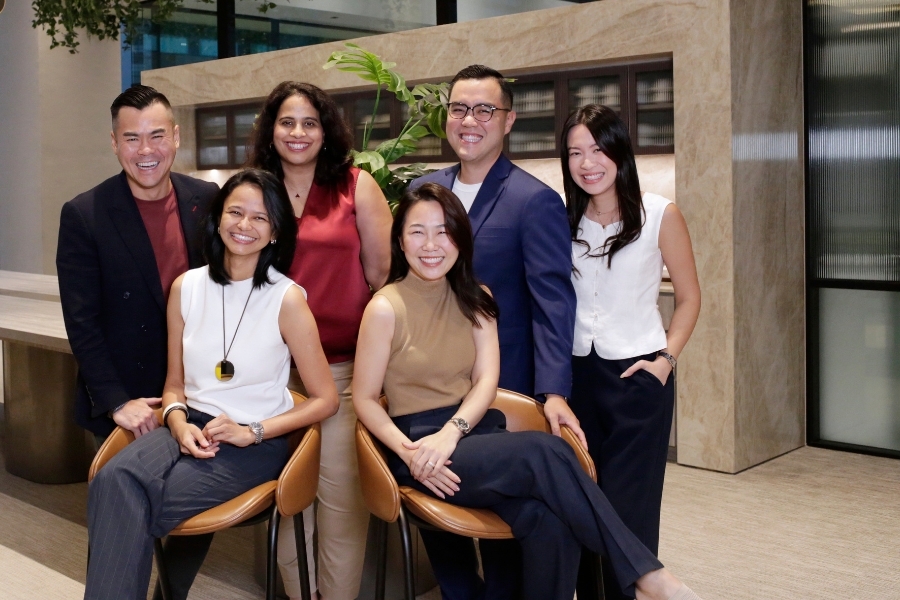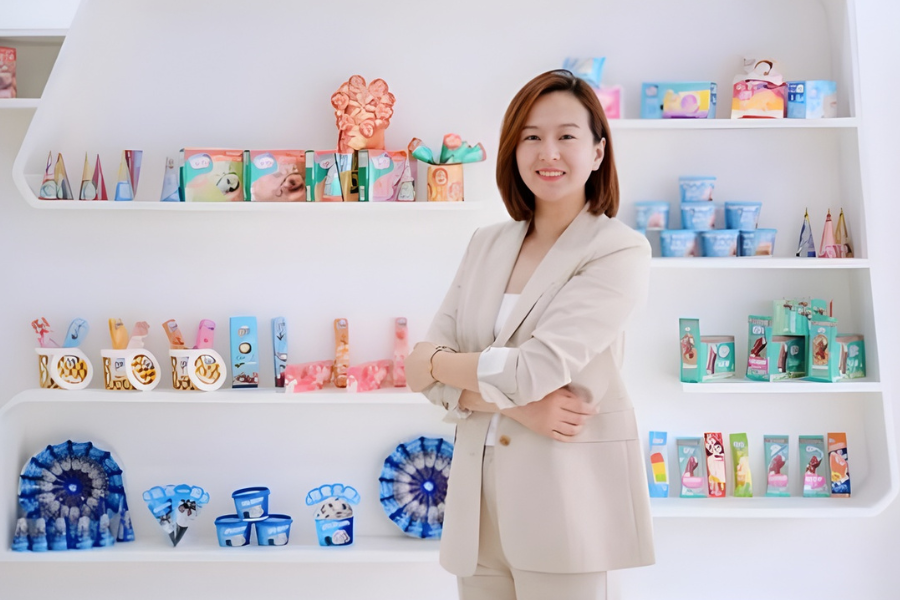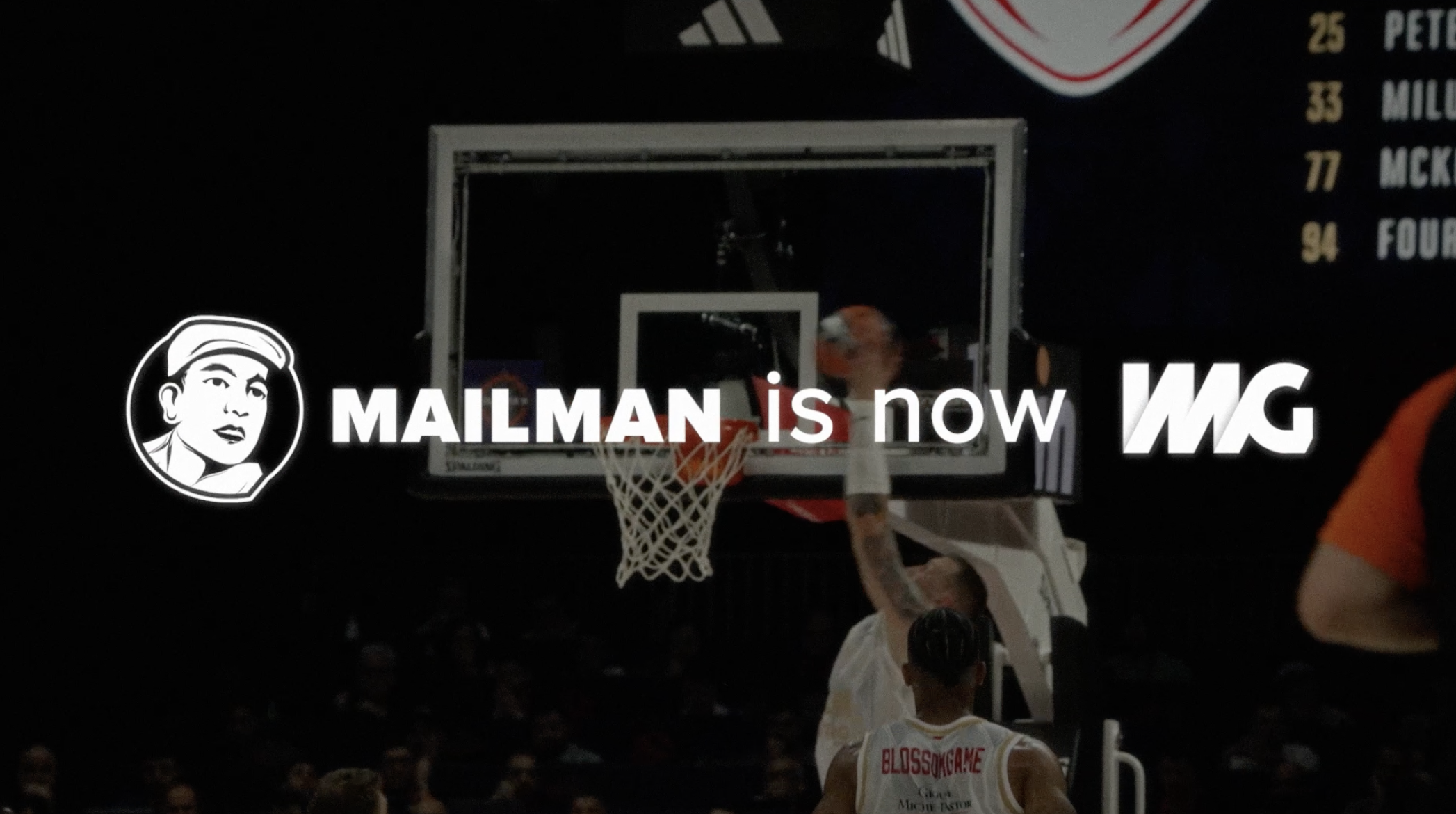Background
Nescafe is the leading coffee brand in China with high brand awareness in top cities and over 75 per cent market share nationwide. However, the coffee category in China is relatively small, with coffee consumption of per capita of just three cups per year and category penetration of only 45 per cent. With limited competitors investing to build the category, Nescafe China faced the challenge of growing a coffee culture on its own.
Aim
Creating a communication platform with broad appeal.
Current coffee drinkers are mostly higher income, higher education white collars, while potential drinkers are university students. But there is a common ground among the two groups at the workplace. Frequent drinkers are career-oriented, while top potential drinkers are curious about working life. Both are heavy online users.
Execution
Mindshare's solution was to appeal to both groups simultaneously by localising the global hit TV show Camera Café. The internationally renowned French television comedy was broadcast in over 20 countries and is listed as one of the top global licensed formats.
The agency repurposed it into an online office comedy, adapting the show for Chinese audiences, and created new, inspirational characters and story lines that reflected modern Chinese office life. The five-minute episodes were shot exclusively for online broadcast.
Camera Café was launched on Youku.com, China’s leading video sharing site, with a special mini-site, and channel. Sixty episodes aired over three months, all of them featuring a permanent office coffee station piled high with Nescafe; 15 episodes had plots inspired by different Nescafe products.
Strategic media placements on Youku, Kaixin and other sites drove traffic to the videos, while funny polls about common office complaints and gossip provided interactivity. Viewers were also invited to participate in chats or read online blogs of cast members, via a Camera Café fan page on social network Kaixin001.
Results
The online show achieved significant impact on consumer habits among target groups, building loyalty with frequent drinkers and recruiting new users with positive sales impact. It garnered a favourable response from ‘white collars’, who could relate the show to their lives.
Mindshare ran a full tracking of followers of the programme alongside a control group that gave incredibly powerful results: 13,500,000 video views.
Purchase intention grew by eight per cent for light drinkers and brand favourability grew 12 per cent for frequent drinkers.
The more they watched, the more they wanted to drink. Purchase intent jumped 300 per cent after watching four or more episodes.
The campaign grew 115,000 social network fans on Kaixin001, and thousands of conversations on BBS forums that earned over 200,000 page views.
And since results of Season one proved so strong, Nescafe has just announced the launch of Season two.

